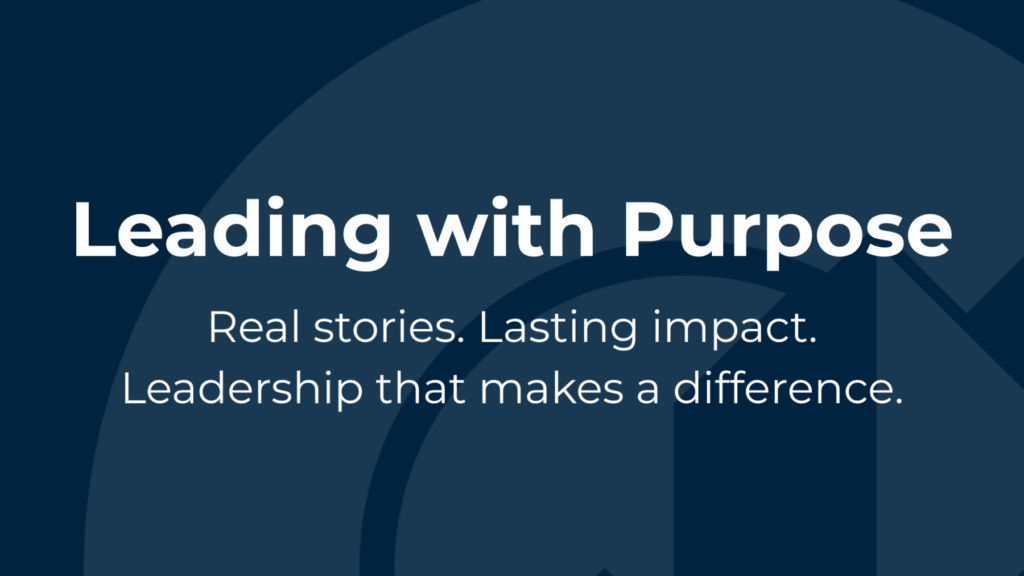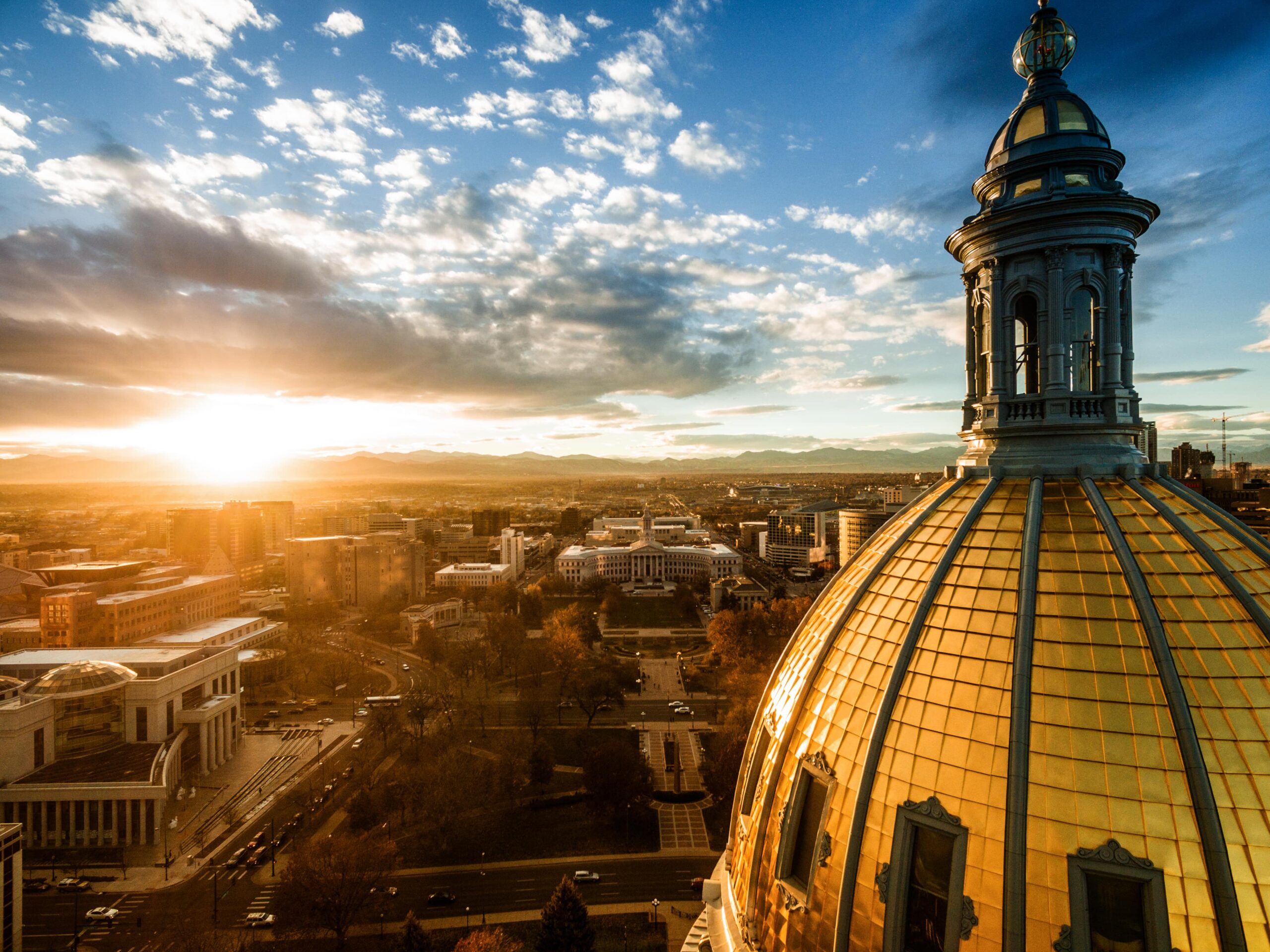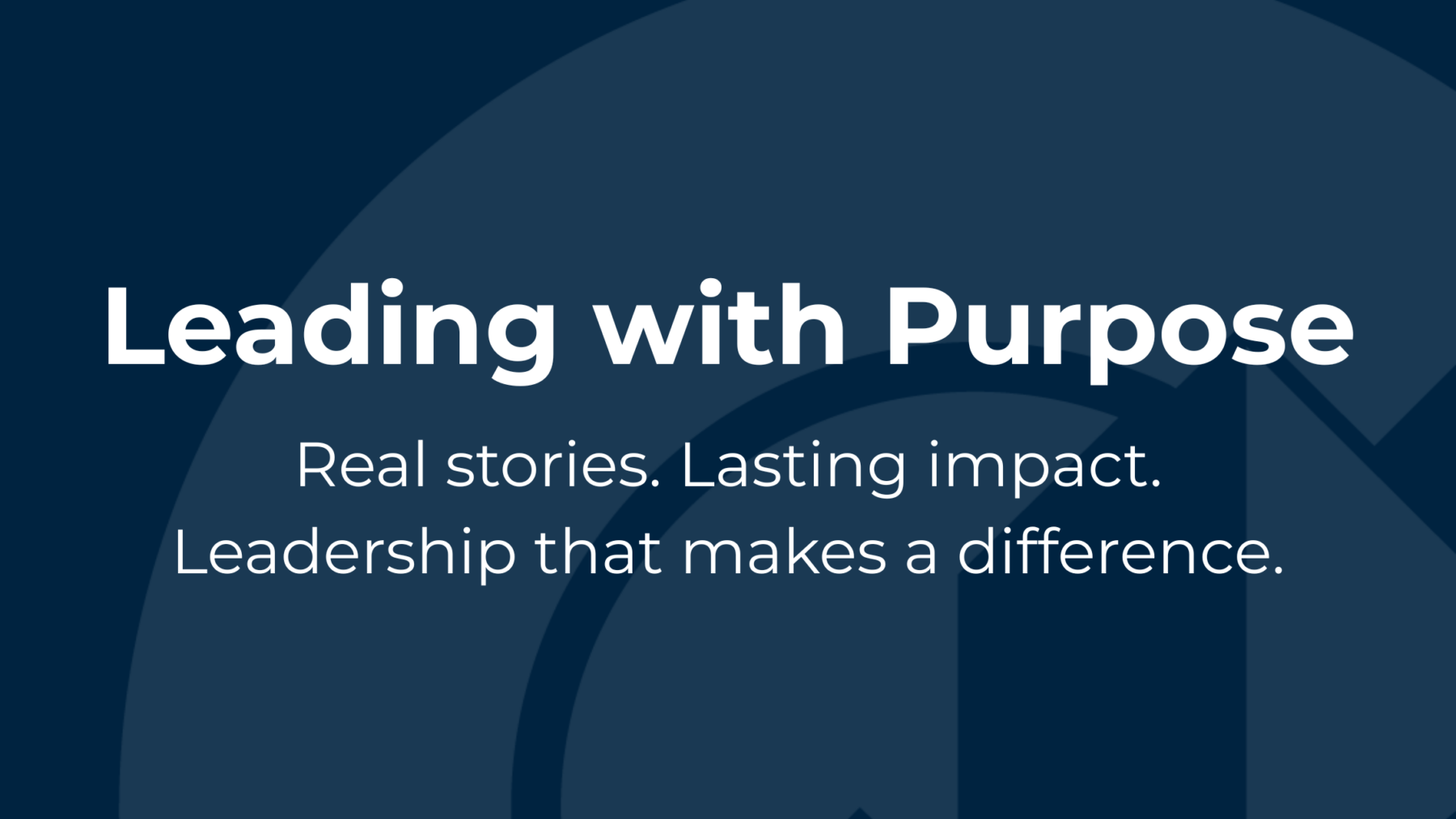
What has been a defining moment in your leadership journey, and how did it shape you?
Early in my legal career, I was pretty focused on titles, timelines, and charting the perfect path forward. I thought leadership meant hitting milestones on schedule. But the real shift came—gradually—when I realized that leadership isn’t about “arriving” anywhere. It’s about showing up every day with presence and purpose. I shifted from striving to listening, from certainty to curiosity. That mindset opened me up to taking risks, to the unknown, and—most importantly—to the amazing people around me. I still don’t know what’s next, but I’ve learned to trust that I’ll be ready for it when it comes.
How did your DMCLF experience shift your perspective on leadership and prepare you to face the challenges that come with leading?
Access Denver helped to crack open my thinking. Being in a room with leaders from very different industries helped me to step out of my own lane and consider leadership on a broader, community scale. I think it helped all of us understand on a deeper level that leadership isn’t just about climbing your own mountain—it’s about helping build the entire landscape. That lesson has stayed with me. As president of CSU, I engage daily with constituents who do not see the world the same way—students, faculty, alumni, donors, legislators, fans —but we all want what’s best for CSU. And the only way forward is together.
What’s a lesson you’ve learned as a leader that you wish more people talked about openly?
You set the emotional tone, whether you realize it or not. People take cues from how you walk into a room, how you respond to stress, whether you actually listen. A hallway conversation, a handwritten note, a quick “how are you doing?”—those aren’t extras. That is the leadership. Culture is built in those micro-moments. And if you’re not paying attention to them, you’re not leading with intention. The little things aren’t little—they’re the difference between a workplace and a community.
How do you see civic and business leadership evolving in Denver—and what gives you hope about the future?
We’re seeing a long-overdue, significant move toward regionalism. Sectors that once stayed in their lanes—business, government, education—are collaborating in meaningful ways. Universities are teaming up on research and advocacy; public and private leaders are aligned on workforce and innovation; cities are uniting around common challenges. The walls are coming down, and in their place is a shared sense of purpose. What gives me hope is how people are showing up: less siloed, more curious, and more committed to building something bigger than themselves.
If you could give your younger self one piece of advice, what would it be?
The best turns in your life won’t be the ones you mapped out—they’ll be the ones that come out of nowhere and change everything. Pay close attention to your intuition. Watch the people around you—who energizes you, who challenges you, who quietly lifts you up. The path will make sense later, even when it doesn’t in the moment. And the hardest chapters are course corrections toward something better than you could have planned.



